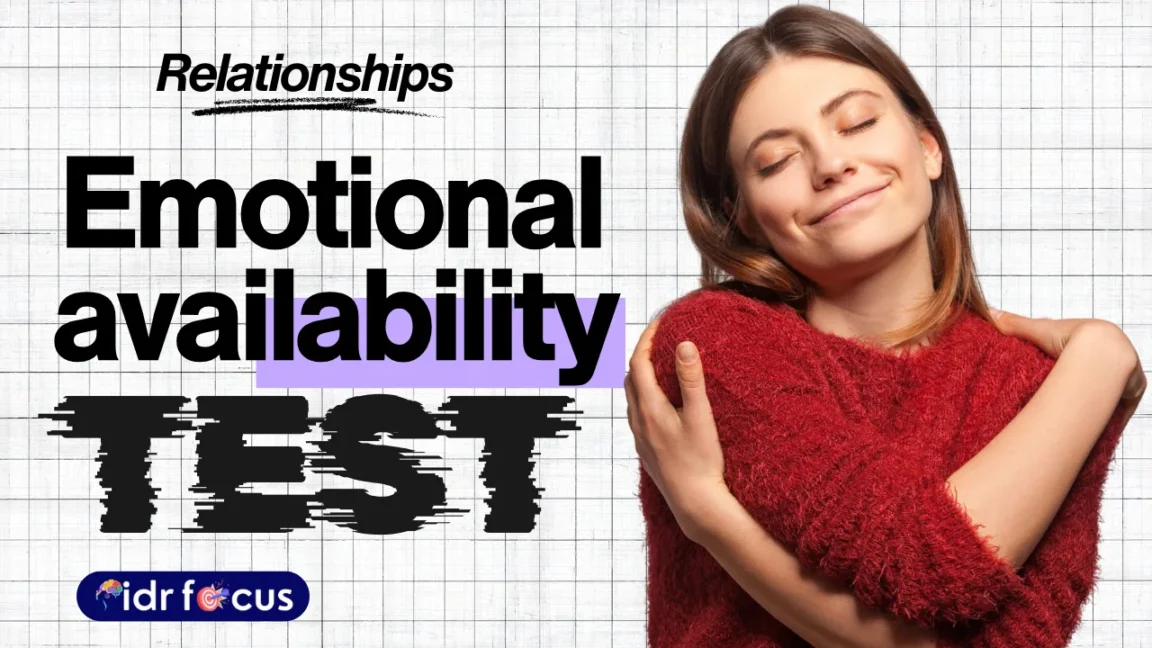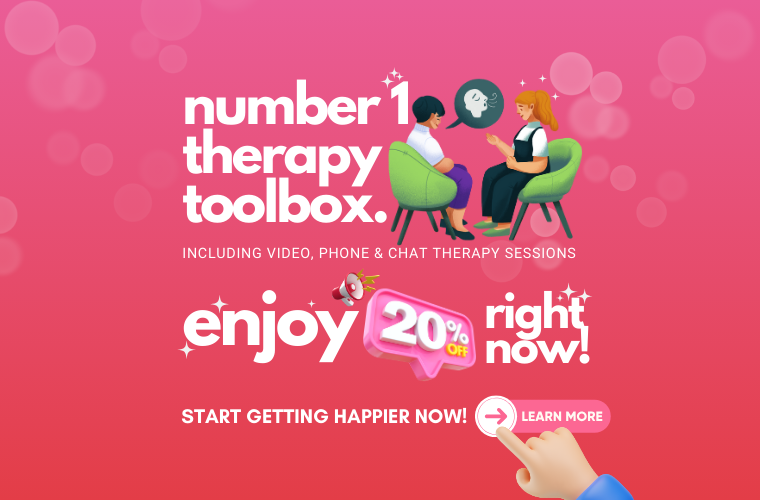20 Powerful Questions to Reveal How Emotionally Available You Really Are
Have you ever wondered why some relationships feel easy and emotionally safe, while others feel distant — no matter how much you care? Emotional connection doesn’t just happen. It depends on something deeper: emotional availability.
This Emotional Availability Test helps you understand how open, responsive, and emotionally safe you are in your relationships. It explores your ability to recognize feelings, express them clearly, and make others feel seen and understood.
By the end, you’ll learn what’s helping — or blocking — your emotional openness and discover psychologist-backed ways to deepen your relationships with honesty, trust, and empathy.
What Is Emotional Availability?
Emotional availability is your ability to connect on a deeper level — to show empathy, stay present, and express emotions in a balanced way. Psychologist Zeynep Biringen, who developed the Emotional Availability Scales, defines it as the capacity to be both emotionally responsive and receptive in relationships.
When you’re emotionally available, you can share your feelings freely and create space for others to do the same. But when you’re emotionally unavailable, you might avoid vulnerability, shut down during conflicts, or struggle to connect — even when you want to.
Why Emotional Availability Matters
Emotional availability affects every area of life — from romantic relationships to friendships and even work interactions. People who are emotionally available often experience:
- Stronger emotional bonds and mutual trust
- Better conflict resolution and communication
- Greater emotional intelligence and self-awareness
- Less loneliness and anxiety in relationships
Meanwhile, emotional unavailability can lead to misunderstandings, emotional distance, and repetitive relationship patterns that leave you feeling disconnected.
How the Emotional Availability Test Works
This test is inspired by research-backed psychology tools like Dr. Biringen’s Emotional Availability Scales and Daniel Goleman’s Emotional Intelligence Framework.
You’ll rate 20 statements on a scale of 1 (Never) to 5 (Very Often) — covering self-awareness, empathy, boundaries, and openness.
At the end, you’ll see where you fall:
- Highly Emotionally Available
- Moderately Available
- Emotionally Guarded
Each category comes with insights and actionable recommendations.
Who Is This Emotional Availability Test For?
This test is designed for anyone who wants to understand their emotional patterns — whether you’re in a relationship, healing from one, or exploring personal growth. It’s especially helpful if you’ve ever felt like:
- You care deeply but struggle to show it
- You feel drained after emotional conversations
- You’re afraid of getting “too close”
- You crave connection but don’t know how to open up
By identifying your emotional strengths and blocks, you’ll learn how to build deeper, healthier relationships — starting with yourself.
Is This Test Accurate?
This isn’t a medical or diagnostic tool — but it’s built on well-established emotional psychology research.
The results reflect your current emotional openness, not your potential. With awareness and practice, emotional availability can always improve.
If you want a more clinical assessment, consider pairing this with our Attachment Style Test or Emotional Intelligence Quiz to explore how your attachment patterns and self-awareness interact.
How to Become More Emotionally Available
If you discover that you tend to be emotionally guarded or inconsistent, here are simple, proven ways to grow:
- Name your emotions. Use clear words instead of vague moods (“I feel hurt” vs. “I’m fine”).
- Practice active listening. When someone shares, focus on understanding — not fixing.
- Be honest, even when it’s uncomfortable. Authenticity builds safety.
- Set healthy boundaries. You can be open without being overexposed.
- Seek support. Talking to a mental health professional can help you unpack past patterns safely.
Remember: Emotional availability isn’t about being perfect — it’s about being present. Every small step counts.
Let’s Recap
The Emotional Availability Test helps you:
- Measure how emotionally open and responsive you are
- Understand your unique emotional style
- Learn practical ways to improve your emotional connection
Whether you’re highly open or still learning to trust emotionally, this test offers clarity, compassion, and guidance — no judgment, just growth.
Frequently Asked Questions
1. What does it mean to be emotionally available?
Being emotionally available means being open to both giving and receiving love, empathy, and emotional connection. It’s about being present with your own feelings while also being attuned to others without judgment or fear.
2. How accurate is this Emotional Availability Test?
This test is based on core principles from Zeynep Biringen’s Emotional Availability Scales and modern emotional intelligence research. It’s not a clinical diagnosis but a self-awareness tool designed to help you understand your emotional patterns.
3. Who should take this test?
Anyone who wants to understand how they connect emotionally in relationships — whether romantic, family, or friendship. It’s also helpful for people who struggle with emotional intimacy or feel disconnected from others.
4. Can emotional availability change over time?
Yes. Emotional openness can grow with practice, self-reflection, and supportive relationships. Working with a therapist or practicing mindfulness and self-awareness can strengthen your ability to connect.
5. What if I score low on emotional availability?
A low score doesn’t mean you’re broken — it simply shows that you may protect your emotions or find vulnerability difficult. With small, consistent steps like honest communication, journaling, or therapy, you can become more emotionally open and secure.
6. Is this test based on psychology?
Yes. The Emotional Availability framework was developed by psychologist Dr. Zeynep Biringen and has been used in decades of relationship and developmental psychology research. This test adapts those concepts into a self-report format for general audiences.
References
Biringen, Z. (2008). The Emotional Availability (EA) Scales, 4th Edition.
Biringen, Z., Derscheid, D., Vliegen, N., Closson, L., & Easterbrooks, M. A. (2014). Emotional availability (EA): Theoretical background, empirical research, and clinical applications. Developmental Review, 34(2), 114–167.
Bowlby, J. (1988). A Secure Base: Parent-Child Attachment and Healthy Human Development.


